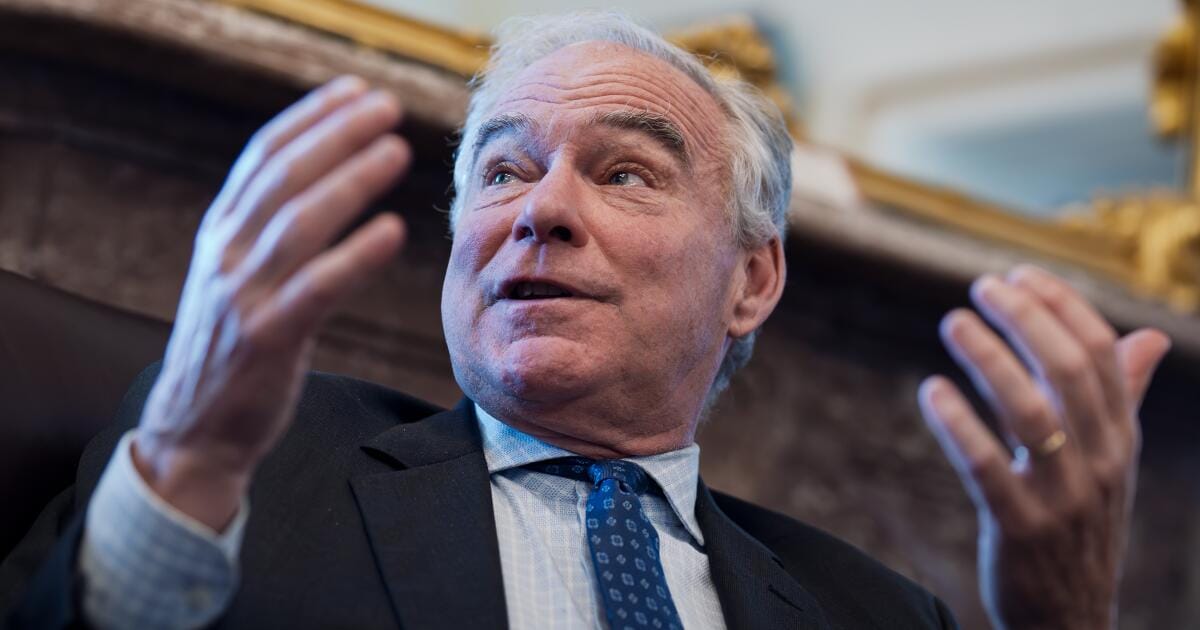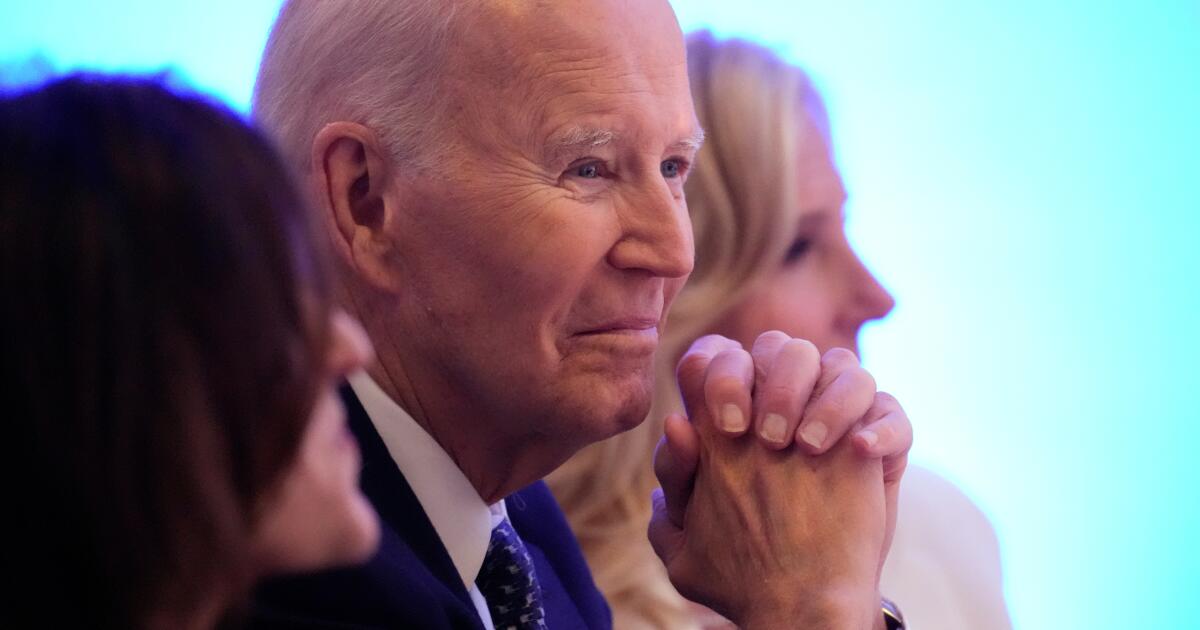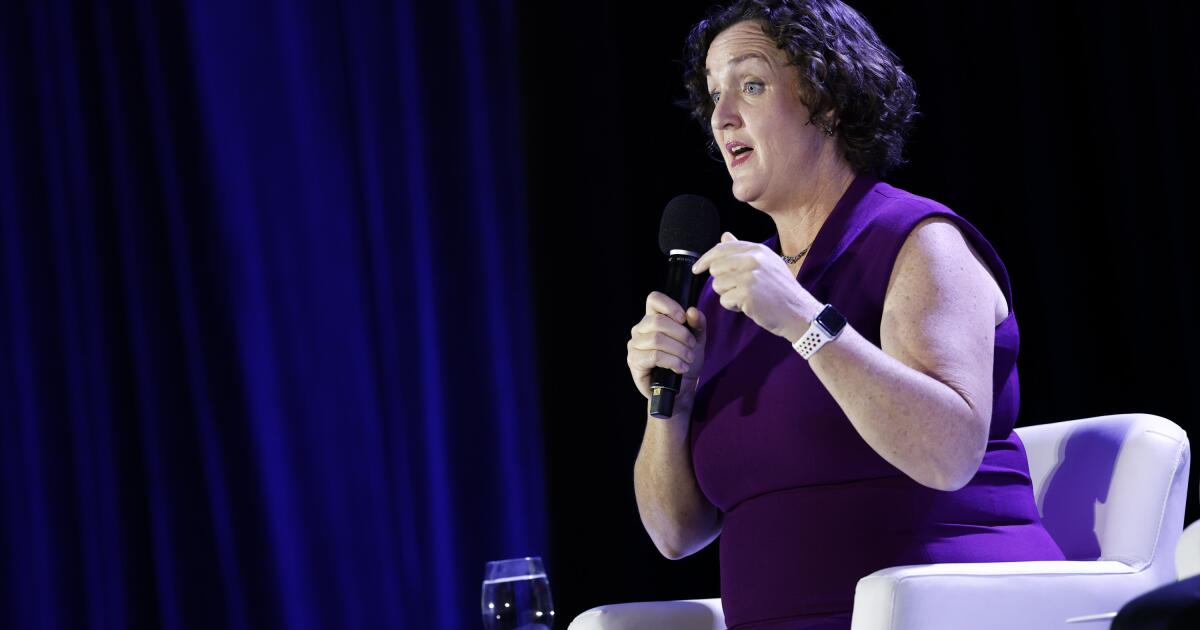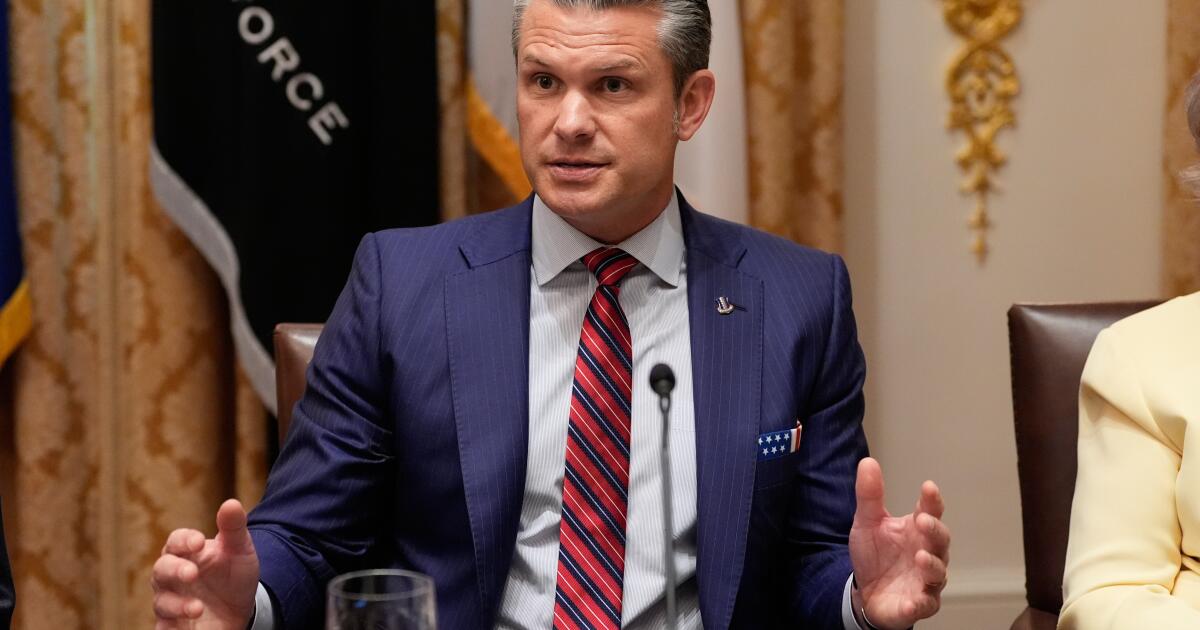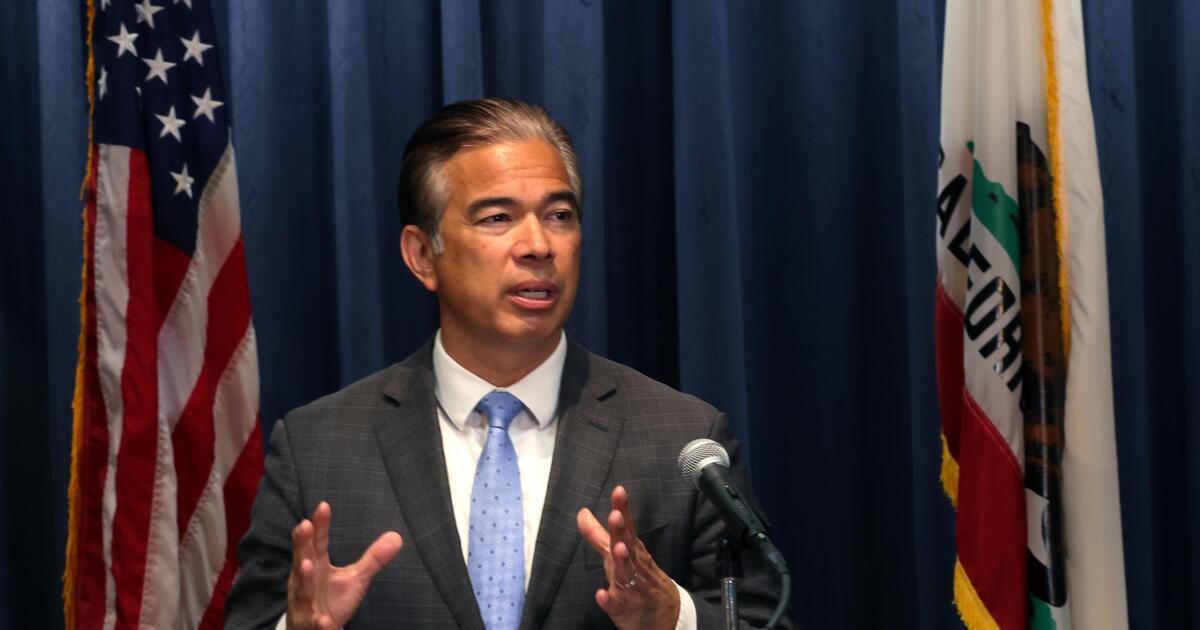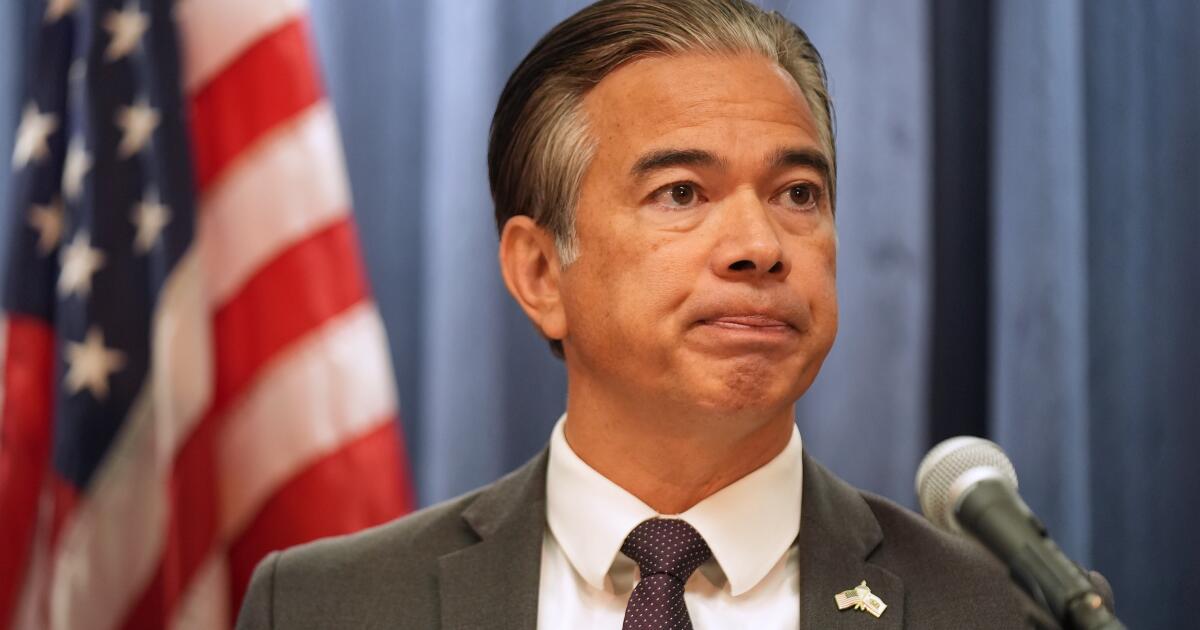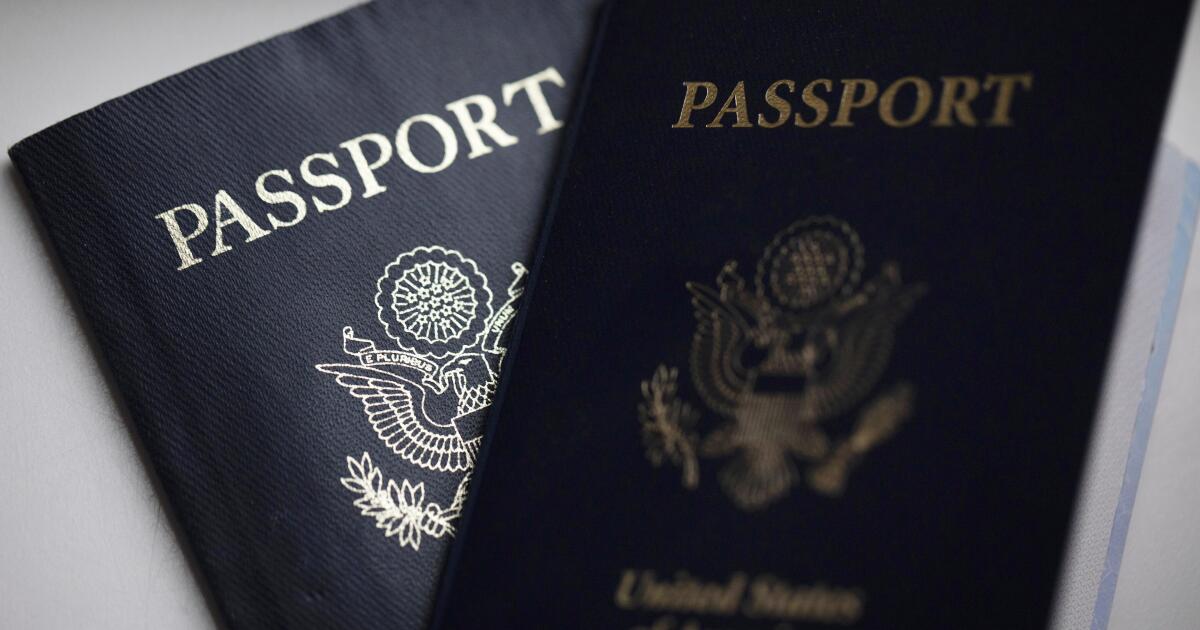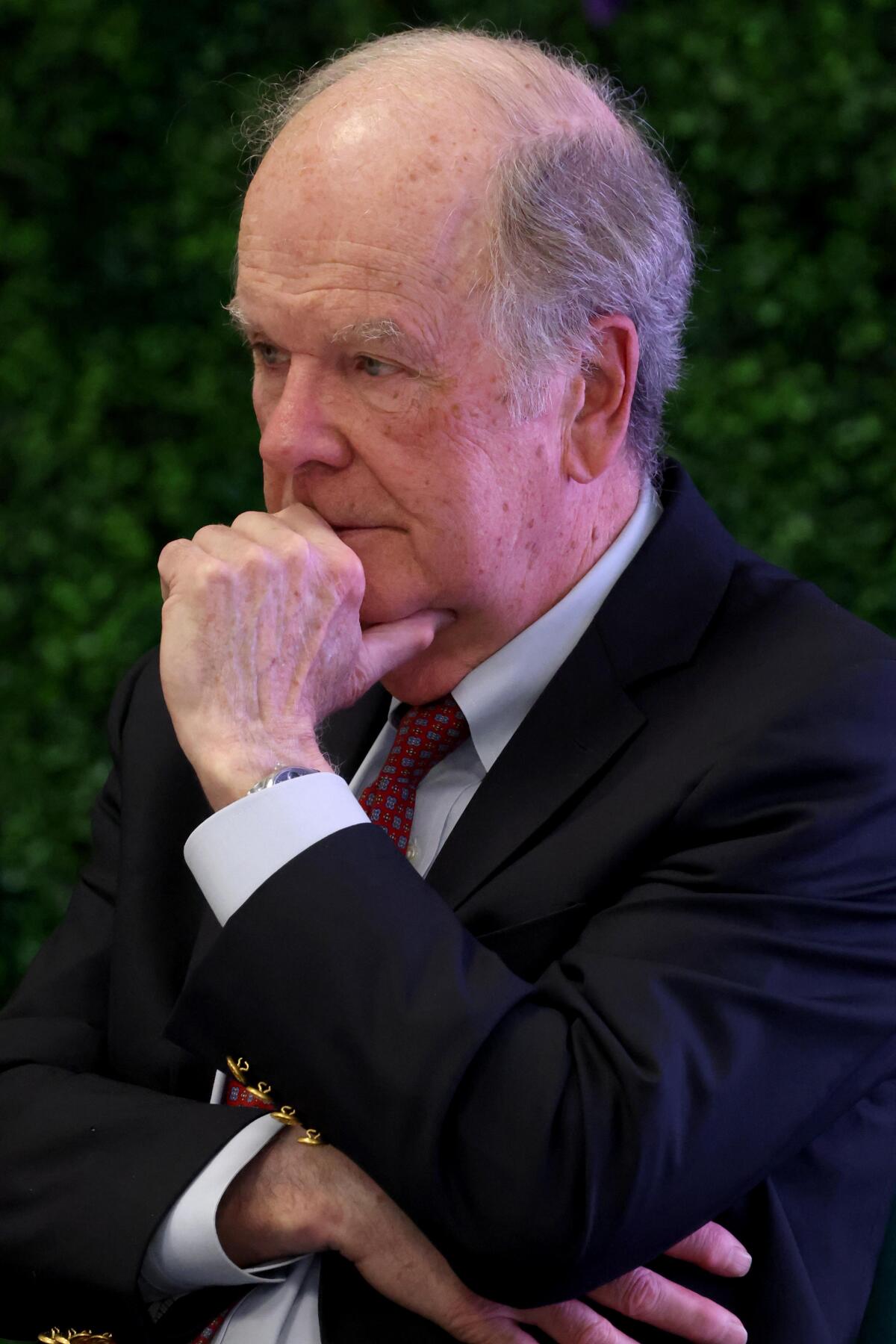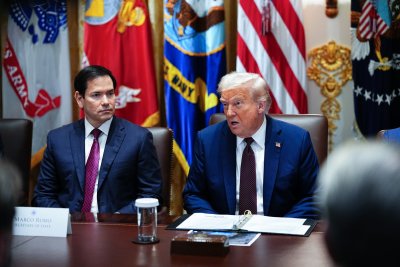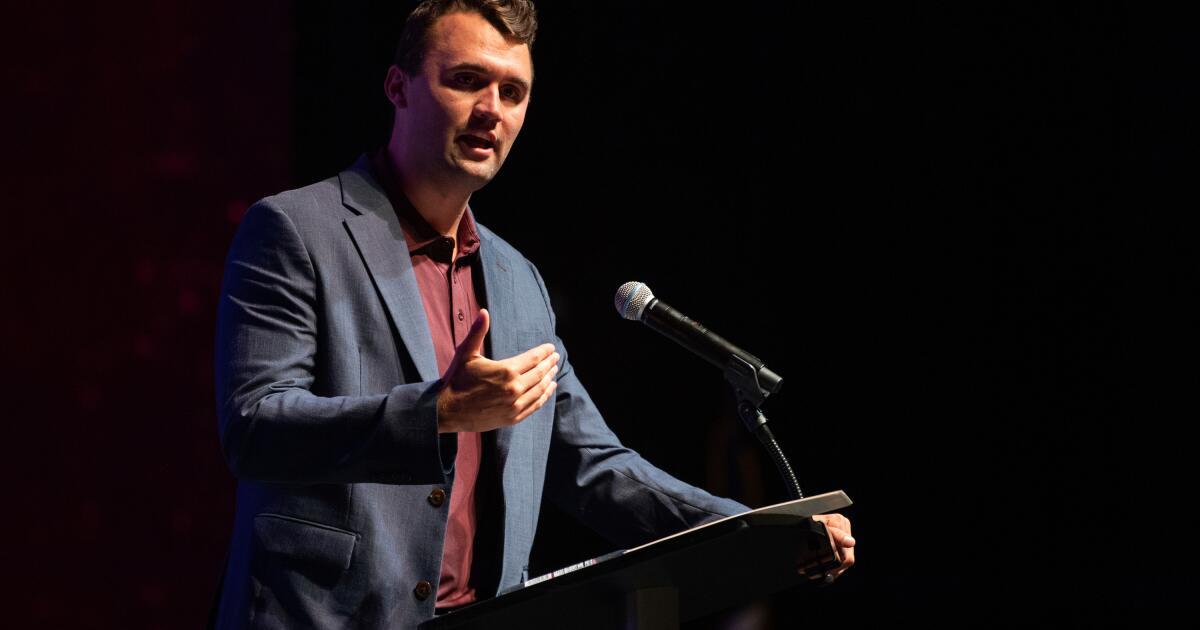Senate votes to block tariffs on Brazil. It shows some pushback to Trump trade policy
WASHINGTON — The Senate approved a resolution Tuesday evening that would nullify President Trump’s tariffs on Brazil, including oil, coffee and orange juice, as Democrats tested GOP senators’ support for Trump’s trade policy.
The legislation from Virginia Sen. Tim Kaine, a Democrat, passed on a 52-48 tally.
It would terminate the national emergencies that Trump has declared to justify 50% tariffs on Brazil, but the legislation is likely doomed because the Republican-controlled House has passed new rules that allow leadership to prevent it from ever coming up for a vote. Trump would almost certainly veto the legislation even if it were to pass Congress.
Still, the vote demonstrated some pushback in GOP ranks against Trump’s tariffs. Five Republicans — Sens. Susan Collins of Maine, Mitch McConnell of Kentucky, Lisa Murkowski of Alaska, Rand Paul of Kentucky and Thom Tillis of North Carolina — all voted in favor of the resolution along with every Democrat.
Kaine said the votes are a way force a conversation in the Senate about “the economic destruction of tariffs.” He’s planning to call up similar resolutions applying to Trump’s tariffs on Canada and other nations later this week.
“But they are also really about how much will we let a president get away with? Do my colleagues have a gag reflex or not?” Kaine told reporters.
Trump has linked the tariffs on Brazil to the country’s policies and criminal prosecution of former President Jair Bolsonaro. The U.S. ran a $6.8 billion trade surplus with Brazil last year, according to the Census Bureau.
“Every American who wakes up in the morning to get a cup of java is paying a price for Donald Trump’s reckless, ridiculous, and almost childish tariffs,” said Senate Democratic leader Chuck Schumer of New York.
Republicans have also been increasingly uneasy with Trump’s aggressive trade policy, especially at a time of turmoil for the economy. The nonpartisan Congressional Budget Office said last month that Trump’s tariff policy is one of several factors that are expected to increase jobless rates and inflation and lower overall growth this year.
In April, four Republicans voted with Democrats to block tariffs on Canada, but the bill was never taken up in the House. Kaine said he hoped the votes this week showed how Republican opposition to Trump’s trade policy is growing.
To bring up the votes, Kaine has invoked a decades-old law that allows Congress to block a president’s emergency powers and members of the minority party to force votes on the resolutions.
However, Vice President JD Vance visited a Republican luncheon on Tuesday in part to emphasize to Republicans that they should allow the president to negotiate trade deals. Vance told reporters afterwards that Trump is using tariffs “to give American workers and American farmers a better deal.”
“To vote against that is to strip that incredible leverage from the president of the United States. I think it’s a huge mistake,” he added.
The Supreme Court will also soon consider a case challenging Trump’s authority to implement sweeping tariffs. Lower courts have found most of his tariffs illegal.
But some Republicans said they would wait until the outcome of that case before voting to cross the president.
“I don’t see a need to do that right now,” said Sen. Kevin Cramer, a North Dakota Republican, adding that it was “bad timing” to call up the resolutions before the Supreme Court case.
Others said they are ready to show opposition to the president’s tariffs and the emergency declarations he has used to justify them.
“Tariffs make both building and buying in America more expensive, “ said Sen. Mitch McConnell, the former longtime Republican leader, in a statement. ”The economic harms of trade wars are not the exception to history, but the rule.”
His fellow Kentuckian, Republican Sen. Rand Paul, told reporters, “Emergencies are like war, famine, tornado. Not liking someone’s tariffs is not an emergency. It’s an abuse of the emergency power. And it’s Congress abdicating their traditional role in taxes.”
In a floor speech, he added, “No taxation without representation is embedded in our Constitution.”
Meanwhile, Kaine is also planning to call up a resolution that would put a check on Trump’s ability to carry out military strikes against Venezuela as the U.S. military steps up its presence and action in the region.
He said that it allows Democrats to get off the defensive while they are in the minority and instead force votes on “points of discomfort” for Republicans.
Groves writes for the Associated Press.
